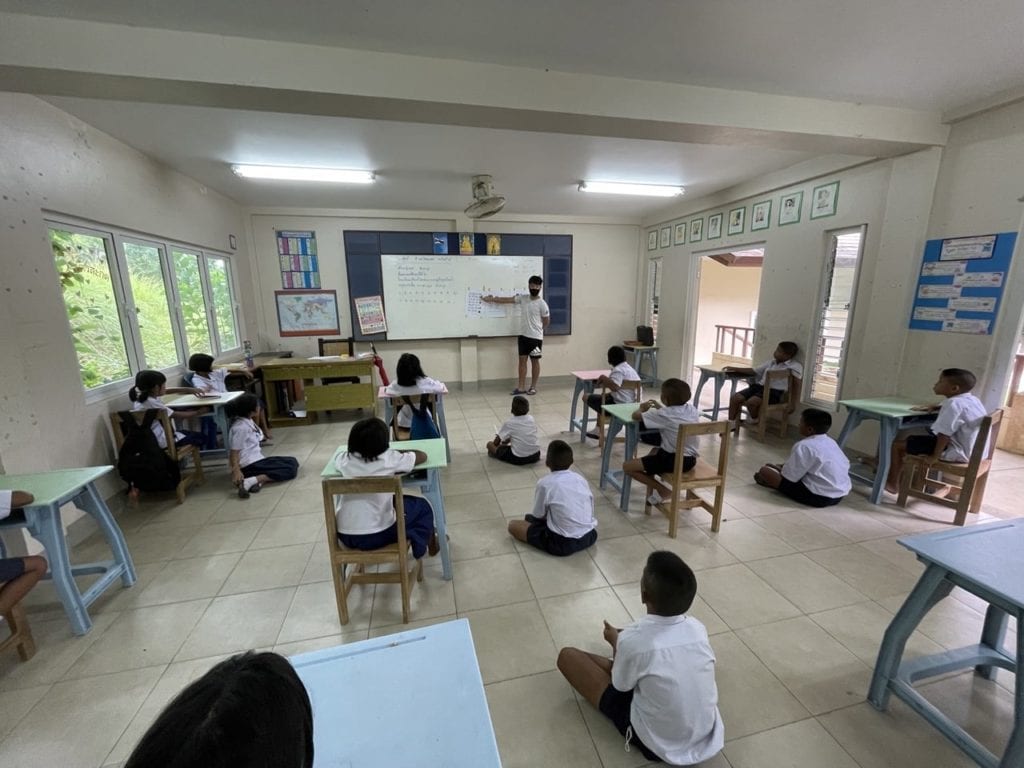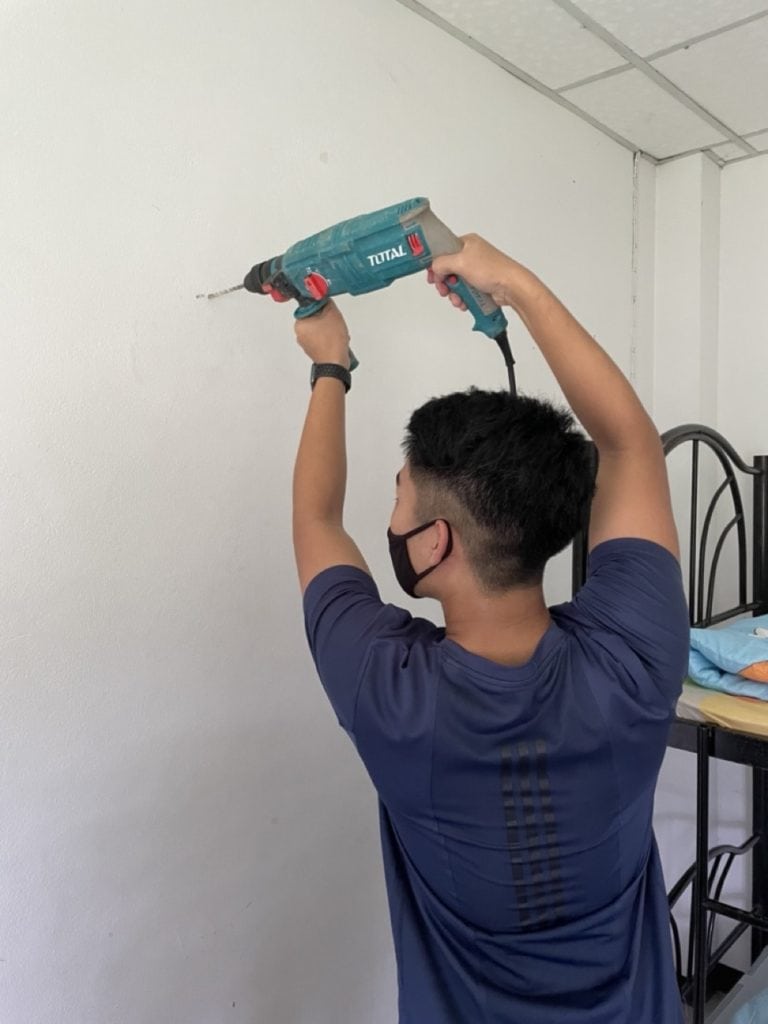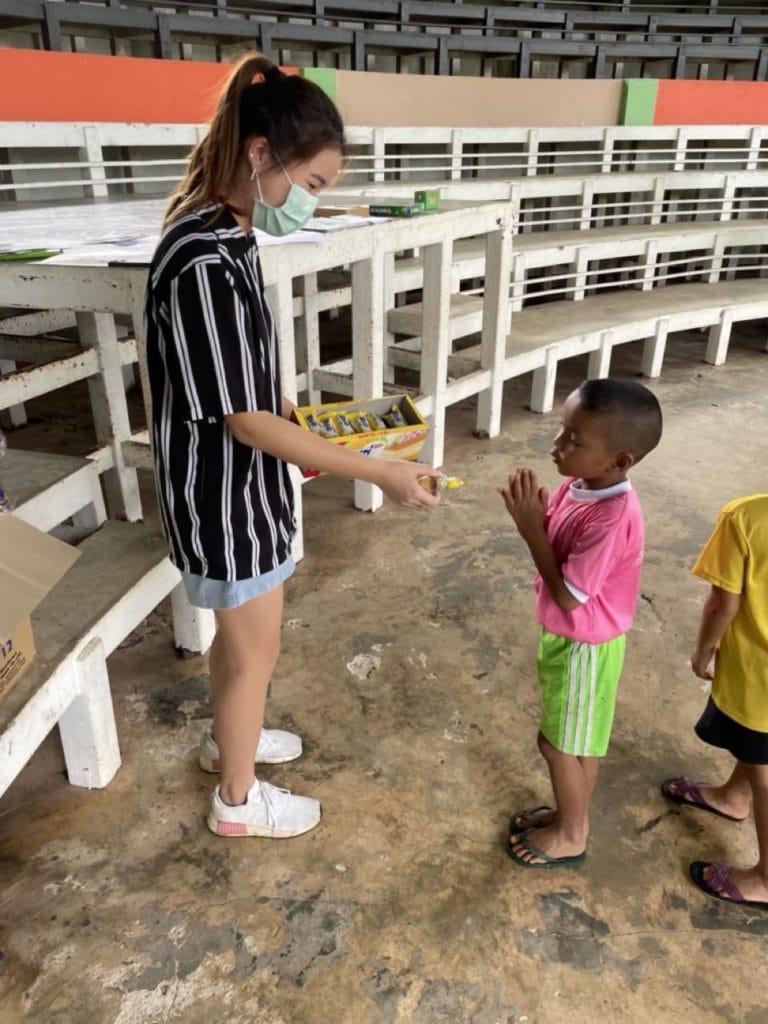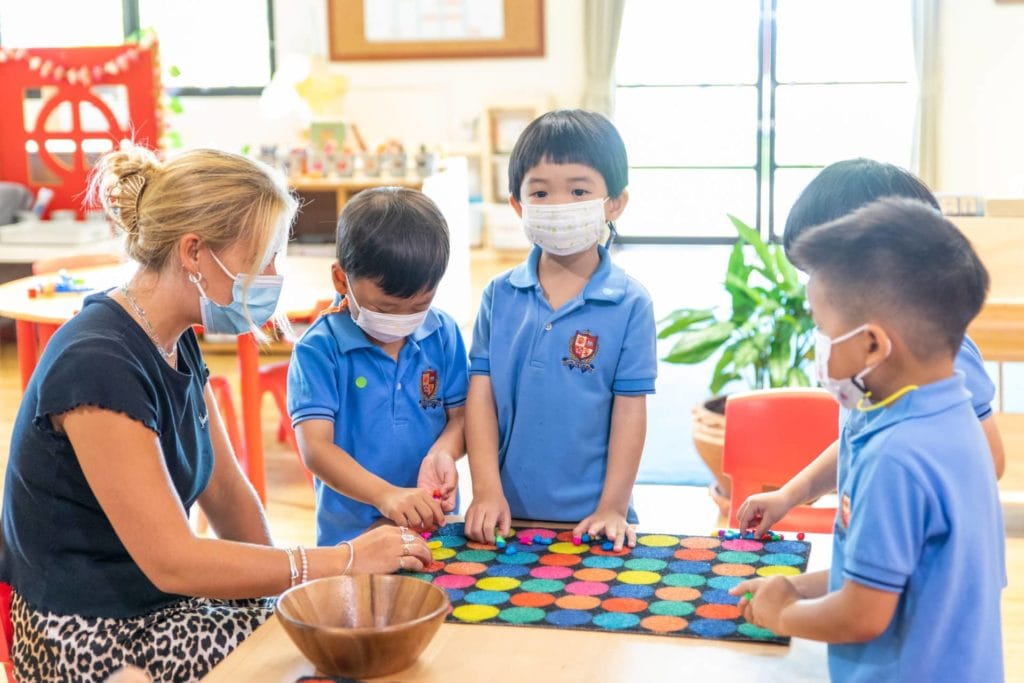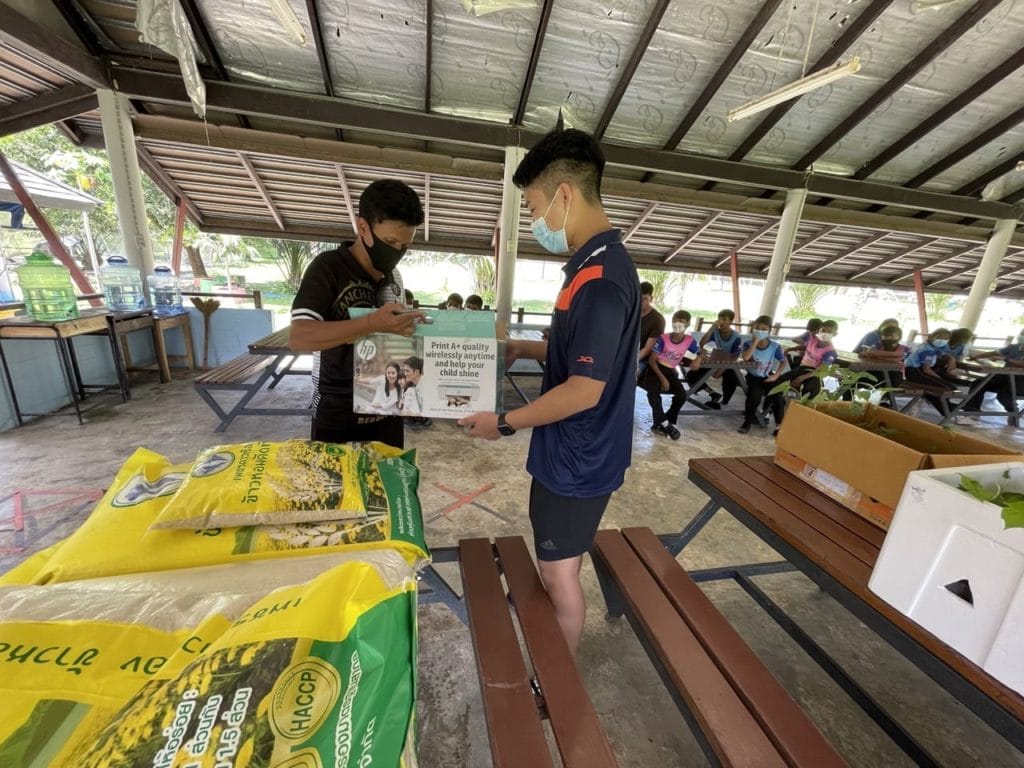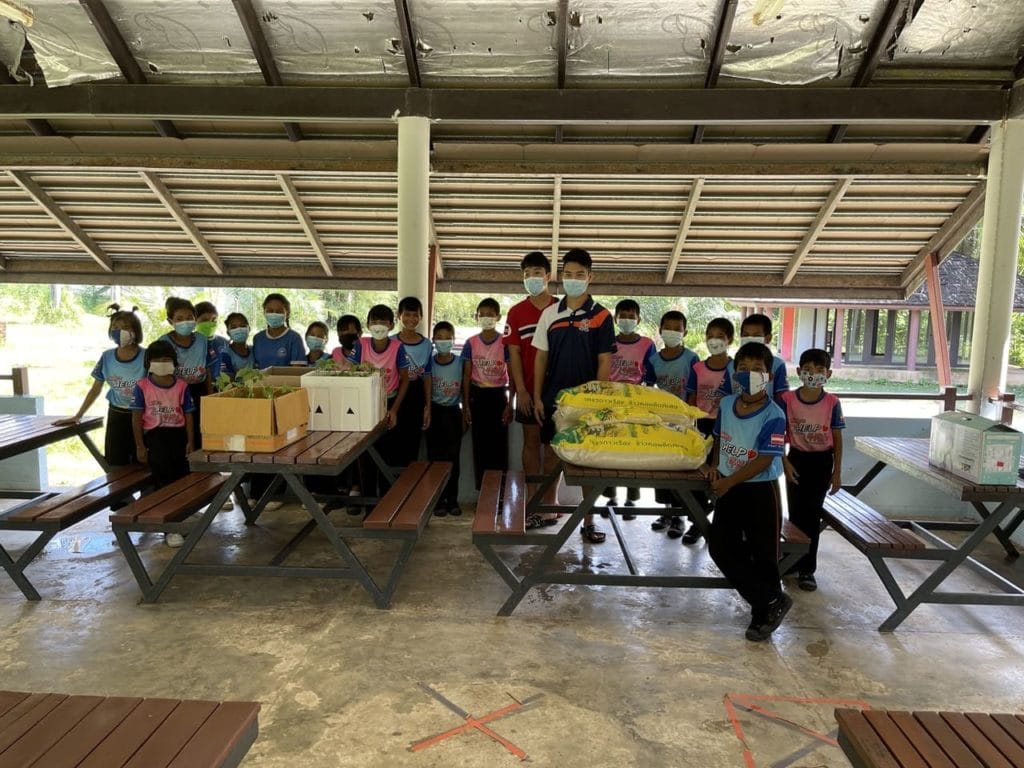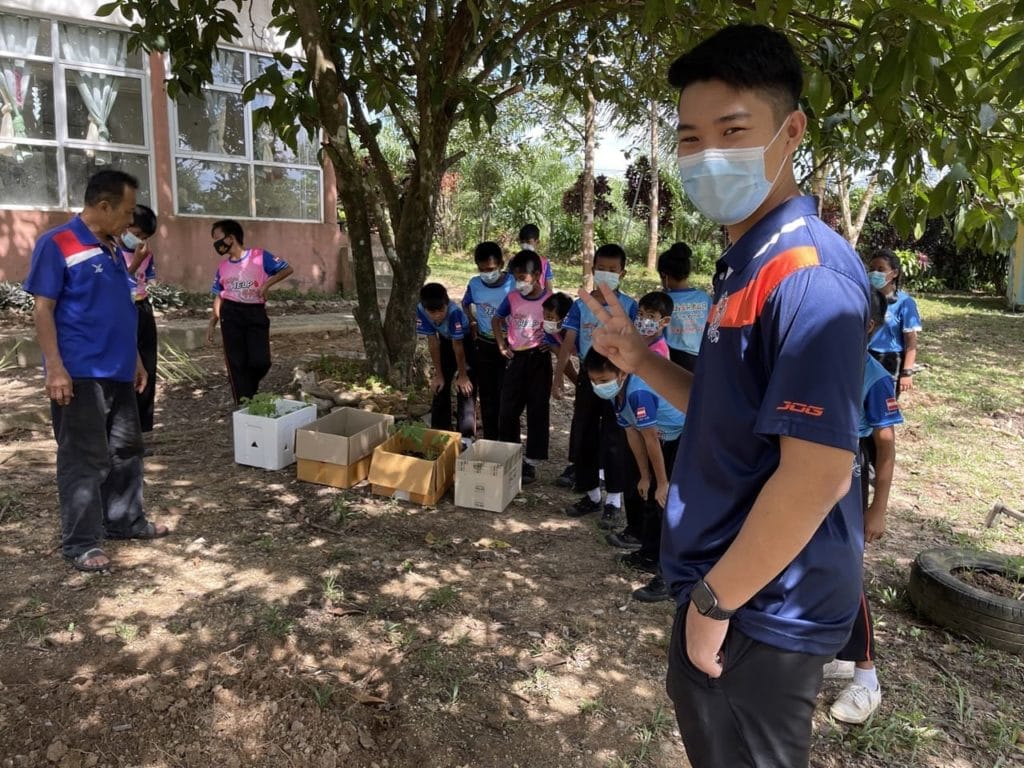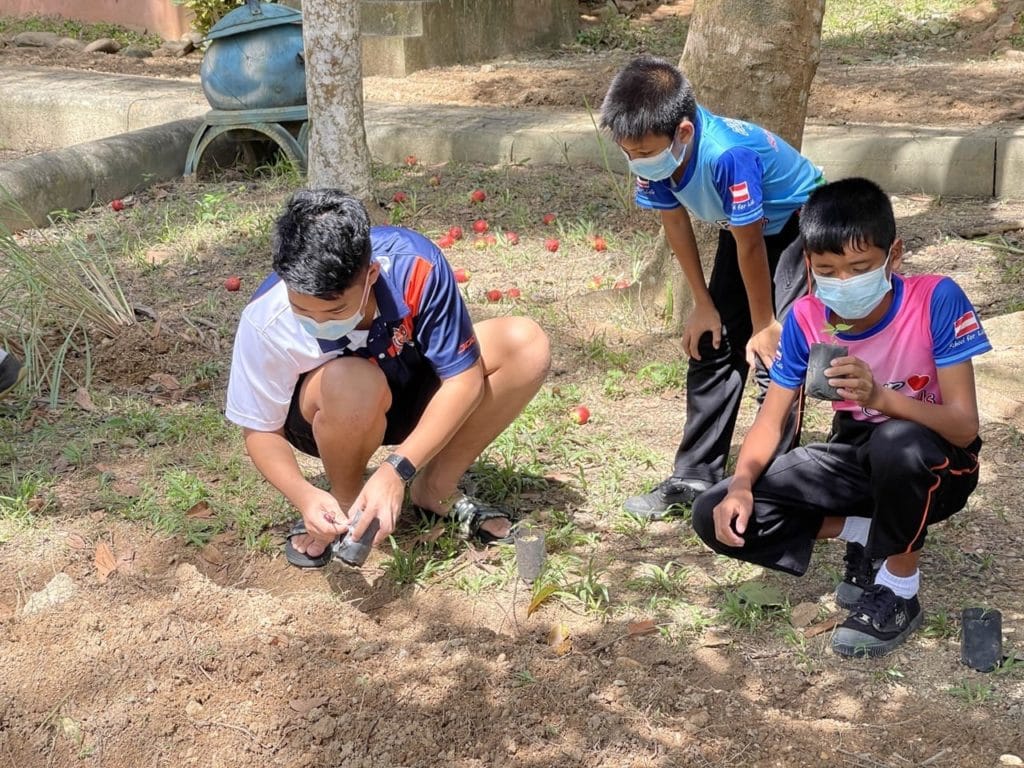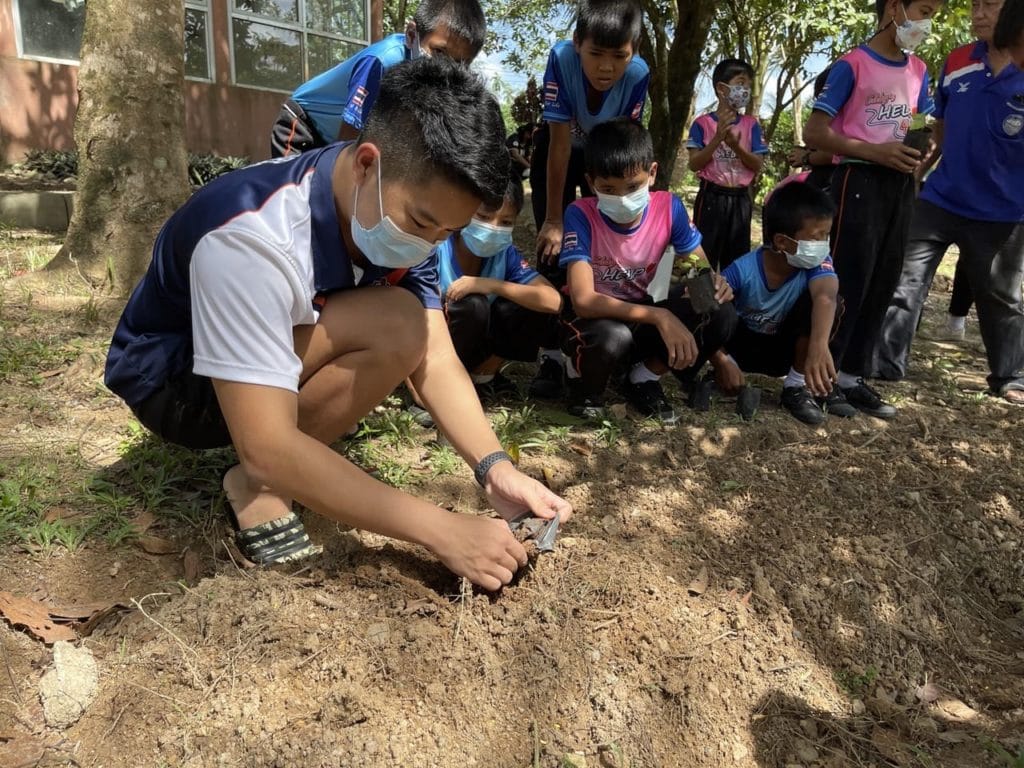For almost 12 months, Year 13 student Na-Siam (Porpan) has been volunteering at the School for Life orphanage in Phang Nga – his chosen project for the service component of CAS. In this first-hand account, Porpan reflects on his time with the children at School for Life, what he hopes to achieve there, and all that he has gained through giving.
By Porpan, Year 13
One of the three core elements of the International Baccalaureate Diploma Programme at the British International School, Phuket is creativity, activity, service, also known as CAS. The service component of CAS involves each student committing to some voluntary activity that will positively impact their community. I think it is very important for students to carry out service projects for their communities as it’s a way of showing gratitude and helping those who are less fortunate than themselves. For me, a leader should understand that everyone’s path is different, that it is their duty to spread love and kindness and unlike most things in the world, the more happiness you share the happier you become.
Originally, I was looking to do a service project which is compulsory for all IB students. I knew I wanted to do something related to the wellbeing of others, focusing on children in need. I first learned about one orphanage located in Phang Nga, but after doing a lot of research I realised that many organisations were supporting this school, so I wanted to find another school instead. When I asked my friend Anders if he had any suggestions, he showed me another school, also located in Phang Nga province – School for Life. On my first visit to the school, I brought my friend Minha along, he is a very close friend of mine, and later, Tiffany, Youn, Oak, Bank, Stamp and Mind came and joined me on this project at School for Life.
I had mixed emotions upon entering School for Life. First, I was overwhelmed by how much land the school has and secondly by how friendly the children were. The school principal along with a group of children gave us a tour of the campus. This is when I learned about the history of this orphanage. The school used to be sponsored by a German organisation. Due to the withdrawal of that organisation in 2015, the school was left in disarray and it has been struggling to survive ever since with little to no source of income. The teachers are not fully paid, and the school lacks sufficient food and material resources to support the children to a satisfactory level.
A group of nine teachers has been caring for upward of 70 children, who have ended up at School for Life due to problematic family issues. Some have lost their parents to hard drugs and crime, while others have been victims of physical and sexual abuse. Each child comes with their own traumatic background, which we have no specific individual knowledge about, but it is always clear to us as volunteers that we are dealing with fragile individuals who have been left behind in a harsh environment in the past, before ending up at School for Life.
I knew that this was the place I wanted to invest my time in and help improve the quality of life for the children. We plan to assist the school to become more self-sustainable, as they, on a day to day basis, mainly rely on small donations from people and businesses in the area. This could be done through farming and raising chicken, which they already have some experience with. Another goal I want to achieve is to improve the mindset of the kids, encourage creative thinking, and problem-solving to make them understand that by knowing their strengths and weaknesses, they will be able to excel in life.
Over the past two months, I have started teaching English to the kids. Every weekend, with the help of my brother Pokpong and occasionally Mind, we are very happy to experience that the kids are steadily improving with their English. We have played and laughed and it has truly been remarkable to be able to spread happiness to the kids. We have also brought with us donations on several different occasions from our team which includes things like food, toiletries and clothes.
We will continue to support the school with whatever we can, as it has been very difficult to ask for donations during these hard times. The goal was to heal these kids as much as possible mentally, and also guide them on a path for which they will become great adults for a society that often left them behind. I feel that we have learned tremendously from everyone involved as well as from the children and it is clear that some bonds could last a lifetime.
Being the leader of a group is challenging when there are so many limitations in the world and this project has presented me with various challenges. I make sure that I put in as much effort as I can to set a good example for my teammates. What I believe is that a leader should lead by example. It can be summarized by this quote by Ken Kesey, ‘You don’t lead by pointing and telling people where to go. You lead by going to that place and making a case.’
